
Russia has changed a lot since the days of the Soviet Union; gone is Socialist realism, industrialisation and Soviet spies (well most of them anyway). Yet the Russian Federation is still a very young country and many cultural elements have remained from the past. If you look for it, it’s easy to find reminders of the Soviet culture everywhere – and rightfully so, as it is one of the most interesting periods in world history.
Yandex Maps?
A place to live?
We can also see the Soviet Union remembered in some of the architecture. Often on the façade of an important building you can still see the hammer and sickle. You can also often tell the quality of an apartment based on when it was built. Staliniki, homes built in the Stalin-period, often house long corridors and high ceilings. Whereas Krushcheviki are very small in size and often of poor quality. In the Khruschev period there was a population swell as many of the Gulag camps were closed and ‘political prisoners’ freed. Accordingly, there was as a huge demand for housing. They sought to build as many homes as quickly and cheaply as possible and the result was a series of pretty ugly tower blocks… although better than a homelessness epidemic!
My name is the Olympics
Another relic from the past are Soviet names. Vladlena, for example was a popular female name. It is formed by combining the first-name and surname of Vladimir Lenin. The same goes for the male name Vilen, only this time originating from Vladimir Illyich Lenin. Other good examples include Gertruda, which means ‘героиня труда’ or ‘heroine of labour’, Индустрия ‘Industry’ and Олимпия ‘Olympics’.
Many festivals have also remained from the past. The 1st of May marks the festival of spring and labour – there is also a soviet name dedicated to it – Даздраперма, from Да здравствует первое мая (Glory to the First of May). On the 9th May the famous victory day parade takes place. It’s dedicated to the end of the second world war and is a spectacle honouring veterans of war.
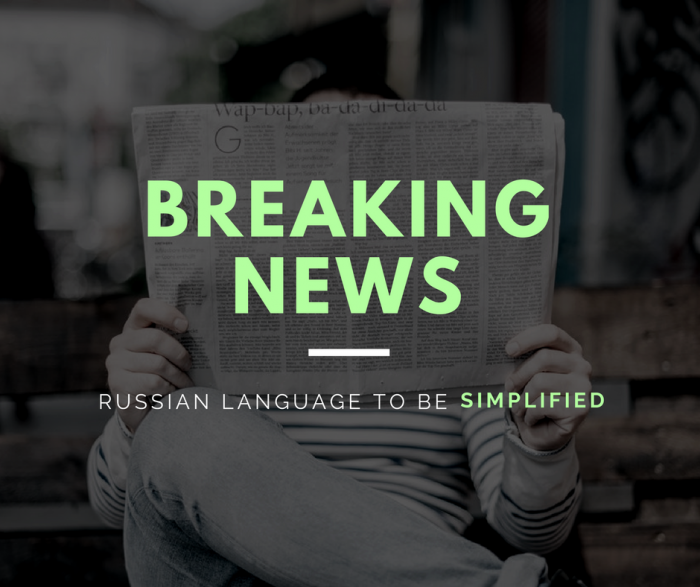
Students will be happy to learn that the Russian Government has today announced plans to make Russian language easier in an effort to simplify greater international engagement. …

In a previous post, we revealed that Russians don't really say “na zdarovje” when they toast. While the phrase has been popularised in English language media – and a lot of Russians will nod politely and clink glasses with you if you use it – it’s not something a native speaker would ever…
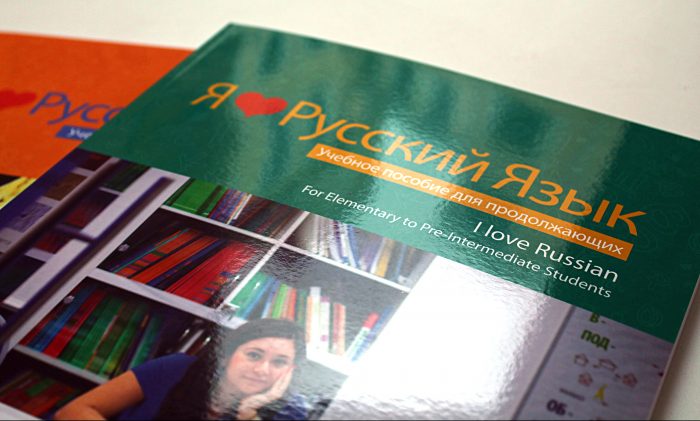
Improve your Russian while working as an expat? Mission possible! …
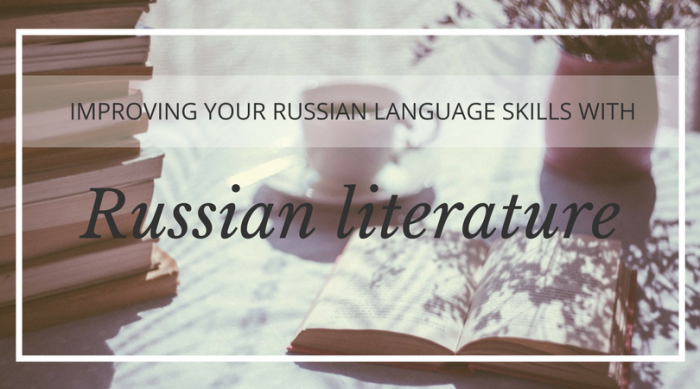
What could be a better way for Russian immersion than reading, especially when you read the books that you find interesting and that can give you a better idea of the culture of Russia? Co-founder of Liden & Denz, Walter Denz shares his experience on how reading Russian literature can improve your…
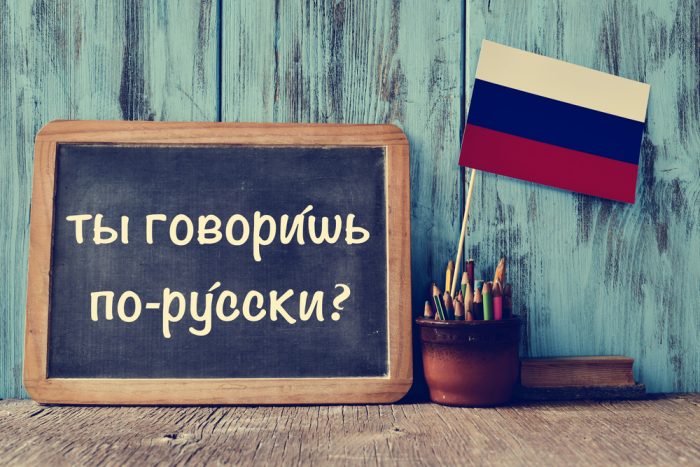
Learning a language is hard. Keeping it when you don't have classes is even harder. So this article is not about how to learn Russian, but how to maintain your Russian. …
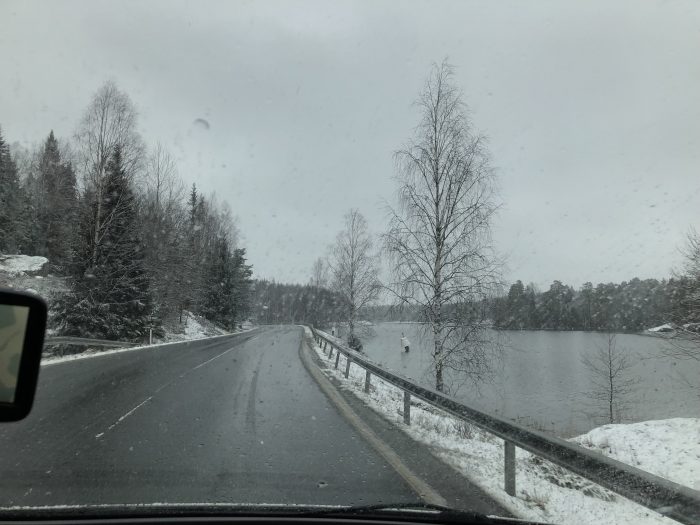
I love Russia. I have been living in St. Petersburg for almost two months, and after travelling all around the world it feels like I have finally found a place where I would see myself settling down. The inexorable beauty of the streets, the architecture, the importance of art and culture, the water…

Oh, the Russians! I was recently watching the last season of Stranger Things and, to my surprise, Russians are quite present there. For those of you who might not be familiar with the TV series, it is set on an American town during the 80s. And what do we recall from those times? The unique fashion…
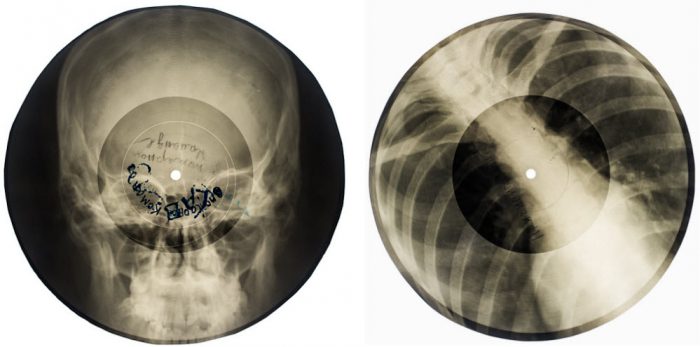
In an attempt to improve my Russian skills, I decided to start watching a TV series in Russian. After thorough research, the result of which you can read on my post about how to learn Russian with Netflix, I decided I would start watching Fartsa. I am no sure of how much Russian I am learning thanks…